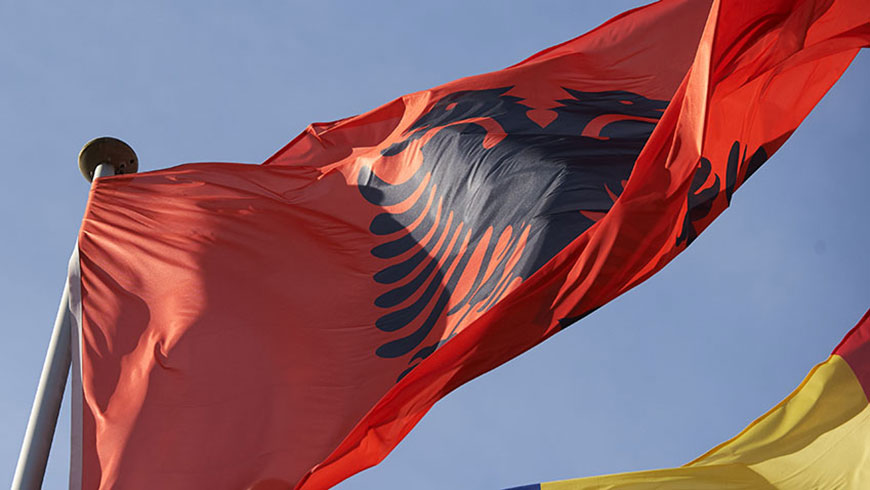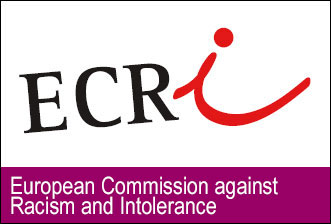Round Table “Combating racial discrimination and intolerance in Albania”

Organisers: ECRI in co-operation with the People’s Advocate (National Ombudsman) and the Commissioner for the Protection from Discrimination, on the occasion of the Albanian Chairmanship of the Committee of Ministers of the Council of Europe.
Participants discussed the follow-up given to the recommendations contained in ECRI’s 2010 report on Albania.
The round table was divided into four sessions:
- The general situation in Albania as reflected in ECRI’s report;
- Legislative and institutional framework for combating racism and racial discrimination;
- Visibility, representation and consultation of vulnerable groups;
- Integration of Roma.
The event was opened by Jenő Kaltenbach, Chair of ECRI, and Qirjako Qirko, Director of International Organizations of the Ministry of Foreign Affairs. Opening speeches were given by Igli Totozani, People’s Advocate, and Irma Baraku, Commissioner for the Protection from Discrimination. Jean-Charles Sacotte and Abdel Hamid Beyuki, members of ECRI, will present ECRI’s last report on Albania. Gün Kut, member of ECRI and UN CERD (United Nations Committee for the Elimination of Racial Discrimination) presented the common areas of concern in ECRI’s report and the CERD’s Concluding Observation.
In addition to central and local authority officials, the round table brought together the representatives of the justice system, international organisations, NGOs, minority groups and civil society. This event aimed at contributing positively to the national debate on combating racial discrimination and intolerance in Albania, as well as raising awareness among the general public about these issues.
In its fourth report on Albania of March 2010, ECRI expressed its concern about some issues, such as the low awareness of discrimination, the social and economic difficulties faced by Roma and Egyptians and the lack of an independent system for the investigation of allegations of ill treatment by the police. ECRI made also a certain number of recommendations to the Albanian authorities, among which the following three will be revisited by the end of this year:
- Introduce comprehensive civil and administrative legislation against direct and indirect discrimination;
- Set clear targets and evaluate the progress made in ensuring Roma access to decent accommodation;
- Provide Roma children with Albanian-language support before they enter primary school.



